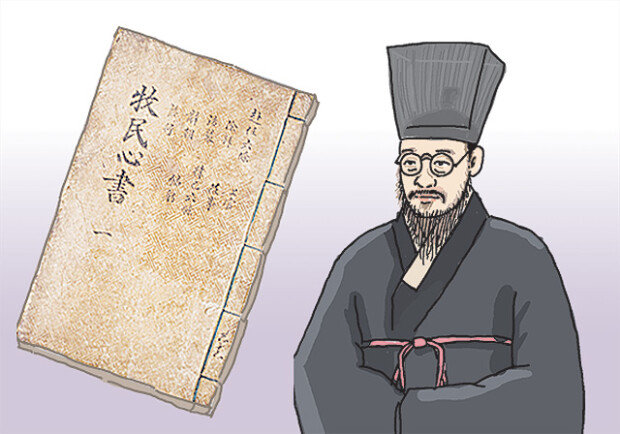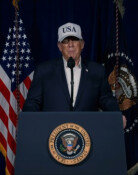Jeong Yak-yong’s hubris
Jeong Yak-yong’s hubris
Posted October. 13, 2020 07:46,
Updated October. 13, 2020 07:46

The Mongminsimseo, the guideline for commanders penned by Jeong Yak-yong, the scholar and philosopher of the late Joseon era, has a chapter devoted to military administration. During the Joseon era, relatively minor duties such as conscription, management of mobilization assets, or their training belonged to the top commander. Indeed, top commanders had to assume other smaller roles such as finding outstanding warriors or unearthing and cultivating military resources.
The author was kind enough to introduce the story of a man who successfully fulfilled such mission in the book. But readers get to realize that the book deals with only the results, falling short of offering detailed training methods or tips. It is hard to imagine a civil servant, who never served in the military, capable of gathering and training peasants into an elite military unit.
Some might argue that commanders such as Kang Gam-chan, Yun Gwan, or Zhuge Liang were all civil servants without military background. But those are exceptional cases as they are genius commanders who prevailed in the battlefield without undergoing basic military trainings. Zhuge Liang wouldn’t have needed Mongminsimseo in the first place.
The 18th century where Jeong Yak-yong was born into witnessed the advancement of gunpowder weapons. The growing dominance of guns and cannons in the battles made military strategies and expertise more complicated and important in everything from logistics to weaponry. In fact, the increasing importance placed on military administration and the actual competence in battles led to the development of military schools and academies in Europe, with young bourgeois men who underwent engineering trainings beginning to dominate the military and outshine the smug noble cadets.
Where are we standing? A glimpse into the Mongminsimseo proves our significant lack of awareness about the importance of expertise. Without a doubt, Jeong Yak-yong was a brilliant intellectual, but in the field of military, his book brims with hubris of a non-expert. Our society seems to be oblivious to the importance of experts and expertise. Also, there is a strong bias towards experts dismissing them as a cohort of selfish interests. Collectivism is evil, and it is a perennial illness that any group of experts can become susceptible to. But ignoring expertise and replacing it with amateurism can never be the answer. The history of Joseon military would serve as the perfect caution for it.



![[단독]폴란드, 韓 해군 최초 잠수함 ‘장보고함’ 무상 양도 안받기로](https://dimg.donga.com/c/138/175/90/1/wps/NEWS/IMAGE/2026/02/27/133437397.1.jpg)


![“‘표심’ 따라 이란 친 트럼프…지독하게 변덕스럽지만 치밀해” [트럼피디아] 〈60〉](https://dimg.donga.com/c/138/175/90/1/wps/NEWS/IMAGE/2026/03/01/133441726.1.jpg)
